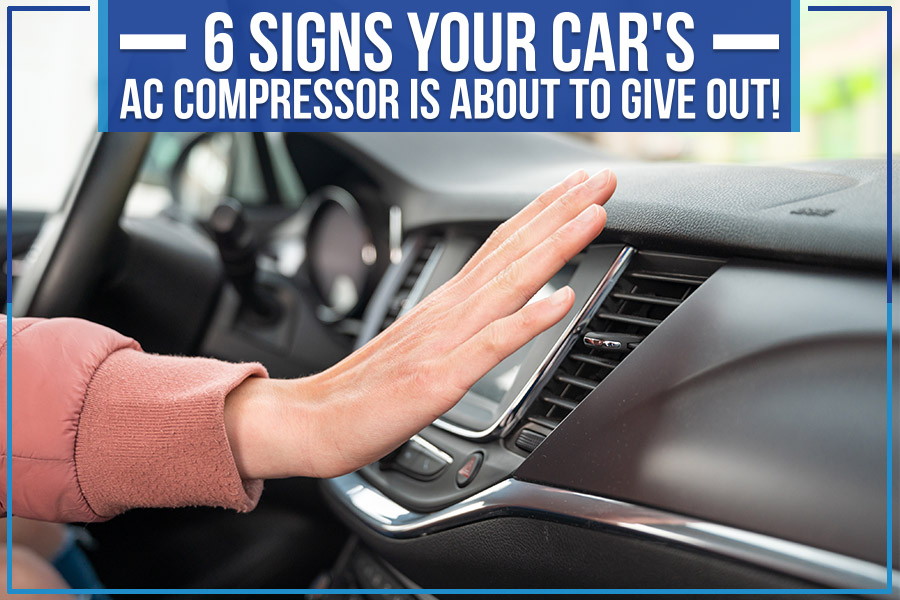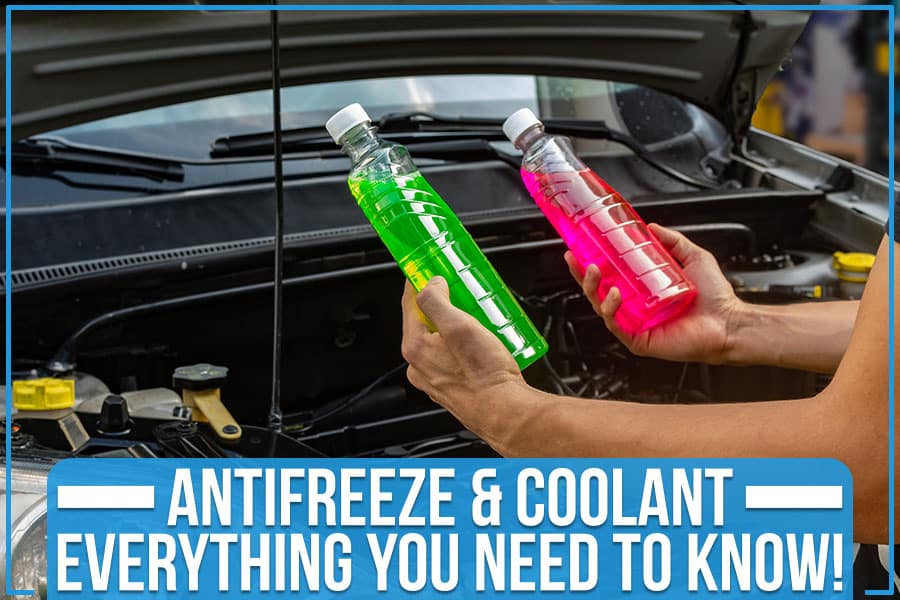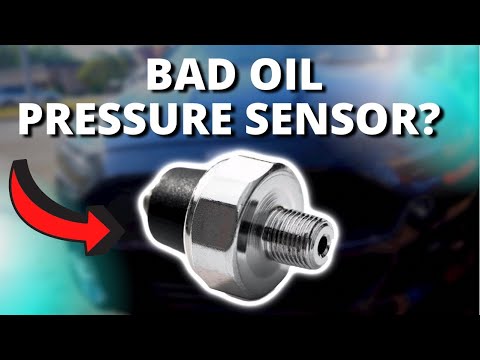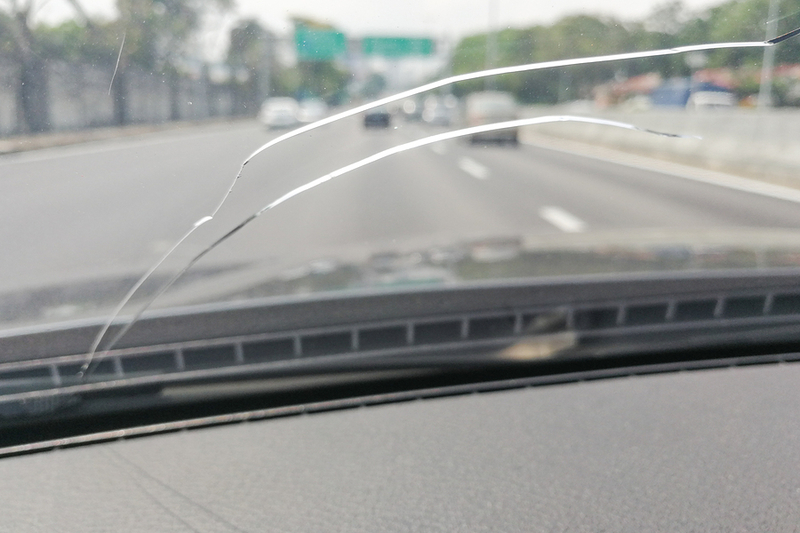What Does a Car Ac Leak Sound Like?
A car AC leak may emit a hissing or bubbling noise. It’s a sign that refrigerant is escaping from the system.
Within the busy world of car maintenance, identifying the subtle cues your vehicle provides is crucial. An air conditioning (AC) leak in your car not only diminishes comfort but can also signal potential damage ahead. Recognizing the distinct sound of a leak early on can save time and money, steering clear of more extensive repairs.
Ensuring your vehicle’s AC system is in top shape is essential, especially as seasons change and temperature control becomes a driving necessity. Detecting the hiss or bubble-like sounds promptly could mean the difference between a simple reseal and an expensive component replacement. As such, car owners must stay attentive to their vehicle’s auditory hints, like the tell-tale noises of an AC leak, to maintain optimal functionality and safety on the road.
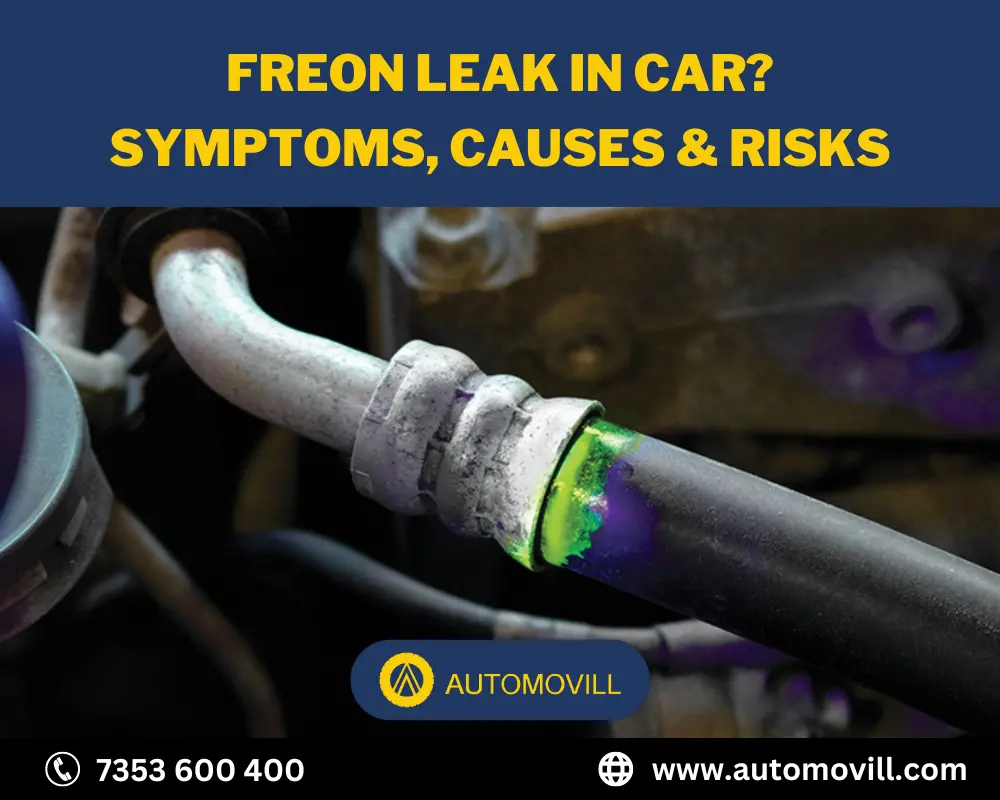
Credit: www.automovill.com
Identifying Car Ac Leak Sounds
When your car’s AC is running smoothly, it’s easy to forget it’s even there. But a leak can quickly change that comfort to concern. Knowing what to listen for can help detect a leak before it turns into a bigger problem. Let’s turn up our senses and tune in to the sounds of AC leaks.
Common Noises From Ac Leaks
Car AC leaks reveal themselves with distinctive sounds. Keep your ears open for these:
- Hissing: Often caused by refrigerant escaping through a tiny hole.
- Bubbling: Indicates refrigerant moving where it shouldn’t be.
- Clicking: Can hint at debris blocking the refrigerant’s path.
Distinguishing Leak Sounds From Other Car Noises
Not all unusual car noises are AC-related. It’s crucial to tell them apart. Here’s how:
| AC Leak Sound | Other Car Noise | How to Distinguish |
|---|---|---|
| Hissing from AC | Brake noise | AC noise stops when turned off; brake noise is during stops. |
| Bubbling in dashboard | Engine pinging | Engine noise linked to acceleration; AC noise constant. |
| Clicking near AC | Valve tapping | Engine tap speed varies; AC click is more rhythmic. |

Credit: m.youtube.com
Causes Of Car Ac Leak Noises
Understanding the sounds your car AC makes can help pinpoint issues. Leaks often have distinct noises. Let’s explore common causes of car AC leak noises to keep your vehicle in top shape.
Refrigerant Escape And Hissing Sounds
When your car’s AC system loses refrigerant, a hissing sound may be heard. This noise suggests a leak is present. Common causes include:
- Loose connections: Fittings may become less tight over time.
- Worn seals or O-rings: These parts can deteriorate, allowing refrigerant to escape.
- Corroded metal components: Exposure to elements can lead to corrosion, and then leaks.
The hissing might be subtle. Listen closely after turning your car off. This is when such sounds are clearest.
Punctures And Gurgling Noises
Gurgling noises are another telltale sign of a leak. They may indicate a more severe issue, such as a puncture. Causes include:
- Physical damage: Debris from the road can create holes and punctures.
- Component failure: Vital parts, like the evaporator or condenser, may fail and leak.
Gurgling usually happens when the car is running. It’s the sound of air and moisture entering the system where refrigerant should be.
Diagnosing A Car Ac Leak
Crucial to maintaining car comfort, air conditioning systems require regular checks, especially for leaks. A leak in your car’s AC system can lead to decreased performance and potential damage over time. Let’s dive into diagnosing a car AC leak effectively.
Visual Inspection For Sound Sources
The first step in diagnosing a car AC leak is a thorough visual inspection. An audible hiss or bubbling noise often indicates a leak somewhere in the system. Here’s how to conduct a visual inspection:
- Check all hoses – Look for cracks or damage on the AC hoses.
- Inspect connections – Ensure fittings are tight and sealed properly.
- Search for oily residue – This can signal refrigerant leaks at joints or connectors.
Look around the compressor, condenser, and evaporator areas, as leaks frequently occur there. In some cases, you might spot dye that was added to the system to help identify leaks showing as colorful spots under UV light.
Using Leak Detection Tools
When visual clues are not enough, leak detection tools come into play.
- UV dye and light – A special dye added to the system will glow under UV light at the leak points.
- Electronic leak detectors – These devices can pinpoint leaks by detecting refrigerant in the air.
- Leak detection kits – They often combine dye and electronic detectors for a comprehensive solution.
Using these tools helps you go beyond what you can see and hear, ensuring no leak goes unnoticed. Regular checks and proper maintenance keep your car’s AC system working efficiently.
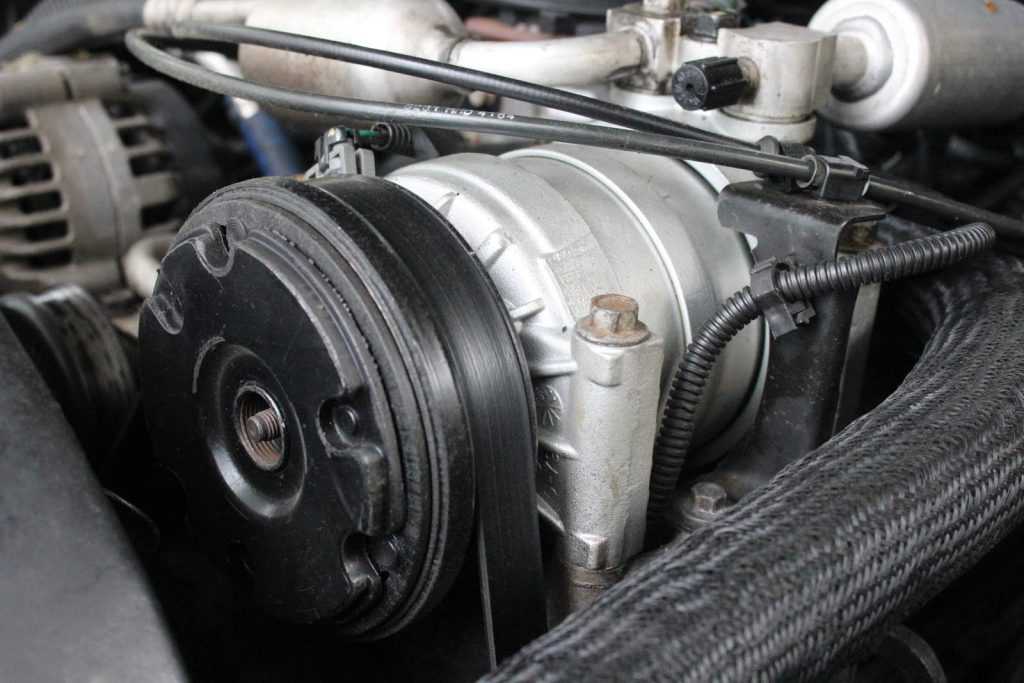
Credit: carfromjapan.com
Potential Consequences Of Ignoring Ac Leak Sounds
Ignoring the hiss or gurgle from your car’s AC might seem minor. But beware, these sounds can signal serious trouble. Immediate attention may prevent costly repairs and keep your car’s cool air flowing smoothly. Below, we’ll delve into how such negligence can lead to further damage and inefficiency.
Damage To Ac Components
A small leak in your AC system can escalate if ignored. The sound often means refrigerant is escaping, which is critical for system operations. Neglect allows the leak to widen, leading to a chain reaction of damage:
- Compressor strain increases, risking a burnout.
- Other components, like condensers and evaporators, can fail.
- Repair costs multiply as more parts need replacement.
Decreased Efficiency And Performance
Refrigerant leaks not only cause component damage but also reduce your AC’s performance. Here’s what happens without timely intervention:
- Cooling power drops, taking longer to chill the cabin.
- Fuel consumption may increase as the AC system works harder.
- Comfort inside the vehicle deteriorates during hot days.
A leaky AC system ultimately costs more in energy, comfort, and component health. Listen to your car – it’s signaling to save you time and money.
Fixing Ac Leak Noises
Car AC leaks can create distinct sounds. Recognizing these noises early is key to avoiding further damage. In this section, let’s dive into professional repair options and DIY solutions for those eerie hissing or bubbling noises your vehicle’s AC system might emit due to a leak, as well as preventive strategies to keep your AC in top shape.
Professional Repair Versus Diy
Deciding between bringing in the pros or tackling the issue yourself is crucial. Let’s look at both paths.
| Professional Repair | DIY Approach |
|---|---|
| Experts find and fix leaks fast. | Determine the leak using guides. |
| Pros use specialized tools for a reliable repair. | Some leaks can be sealed with DIY kits. |
| Takes the guesswork out of complex systems. | It’s more cost-effective but risky. |
Preventive Measures To Avoid Future Leaks
Prevent leaks to ensure your AC system keeps you cool without interruptions. Here’s how:
- Regularly replace your cabin air filter.
- Have your AC system inspected yearly.
- Run your AC even in winter, for short periods.
- Ensure the drainage system isn’t blocked.
Frequently Asked Questions For What Does A Car Ac Leak Sound Like?
What Are Common Signs Of A Car Ac Leak?
Car AC leaks often present as a hissing or bubbling noise. In addition, you might notice reduced cooling efficiency or find visible signs of refrigerant leakage under the vehicle.
How Can A Car Ac Leak Be Detected By Sound?
An AC leak can emit a distinct hissing noise, indicating escaping refrigerant. This sound typically occurs when the AC is turned on and is often more audible during idling.
Can You Hear Refrigerant Escaping From An Ac?
Yes, refrigerant escaping from a car’s AC system can produce a hissing sound. This noise is due to the high-pressure gas passing through a small leak.
Does A Car Ac Leak Make A Continuous Noise?
Not always. The sound may be intermittent, depending on the size of the leak and the system’s pressure. Hissing might only occur when the AC is active.
Conclusion
Understanding the nuances of your car’s AC system is key to maintaining a comfortable ride. A leak often presents as a hissing or bubbling sound, indicating it’s time for a check-up. Remember, early detection can save on costly repairs. Keep your ears open and drive with assurance.

